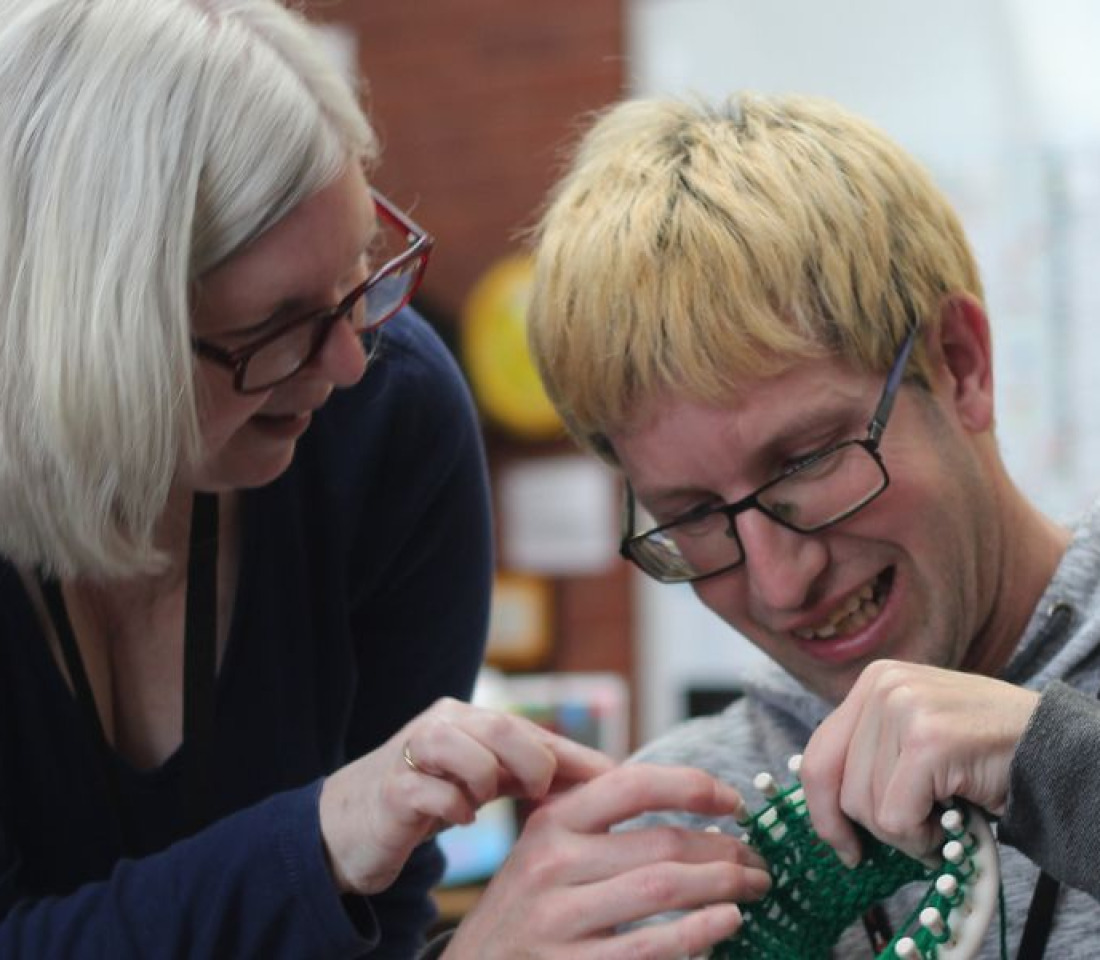What is a colloid cyst?
A colloid cyst is a rare, benign (non-cancerous) growth that forms in the brain and can potentially cause serious complications if left untreated.
Colloid cysts are filled with a jelly-like fluid called colloid, which can range from a watery fluid to an almost solid consistency.
What causes colloid cysts?
The exact cause of colloid cysts remains unclear, but they are thought to develop from remnants of embryonic tissue left behind during early brain development. These remnants become trapped in the brain’s third ventricle, leading to the formation of the cyst.
The gel-like material inside the cyst is believed to be made up of proteins, cellular debris, and other substances. This is all enclosed within a thin, capsule-like wall.
Colloid cysts are not hereditary and there are no known lifestyle or environmental factors that contribute to their formation.
What are the symptoms of a colloid cyst?
Colloid cysts don’t always cause problems, but if they get big enough they can cause a range of symptoms:
- Headaches (often sudden onset and positional, worsening when lying down)
- Nausea and vomiting
- Memory issues or confusion
- Dizziness or balance issues
- Blurred or double vision
- Seizures (rare but possible in some cases).
A colloid cyst can sometimes cause a life-threatening condition known as acute hydrocephalus (fluid build-up in the brain).
Seek urgent medical help if someone experiences:
- A sudden, severe headache.
- Unexplained loss of consciousness.
- Persistent vomiting or confusion.
Treatment depends on the size of the cyst and the severity of symptoms and may include monitoring, surgical removal, or aspiration of the cyst contents to relieve pressure and restore normal cerebrospinal fluid flow.
Although colloid cysts are very uncommon, if you or a loved one are experiencing two or more of the symptoms listed above it’s important that you see your GP for referral to a neurologist or neurosurgeon familiar with the condition.
















